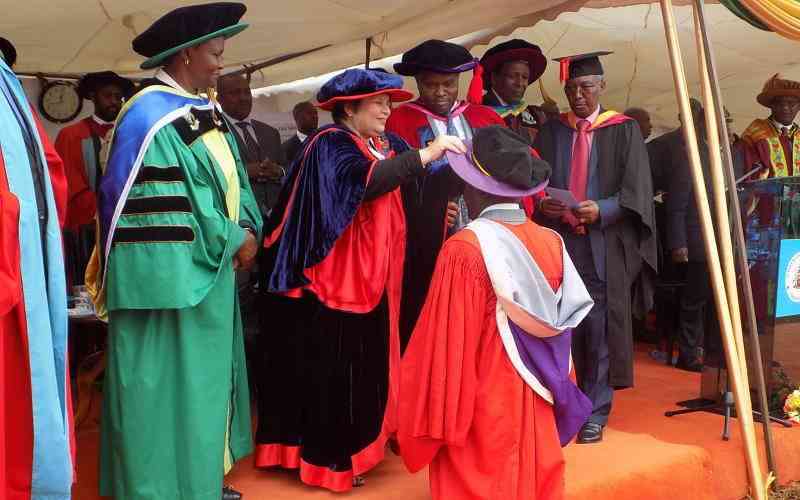
Only a dismal 13 per cent of doctoral students in Kenya end up graduating with PhDs. This is according to a 2020 paper co-authored by Hyrine Mueni Matheka of the Kenyan Commission for University Education. The question that arises is, exactly what support do students require to successfully complete their PhD programmes?
Four years into my PhD programme, or five depending on whether you count from the year I joined the project or the university, I have a different outlook on what it takes to succeed at this level. My advice has nothing to do with working hard, being driven, and having grit; simply because I believe most students have these characteristics at the onset. Instead, through experience, I have identified at least three other underrated factors to be very important in completing a PhD in Kenya.